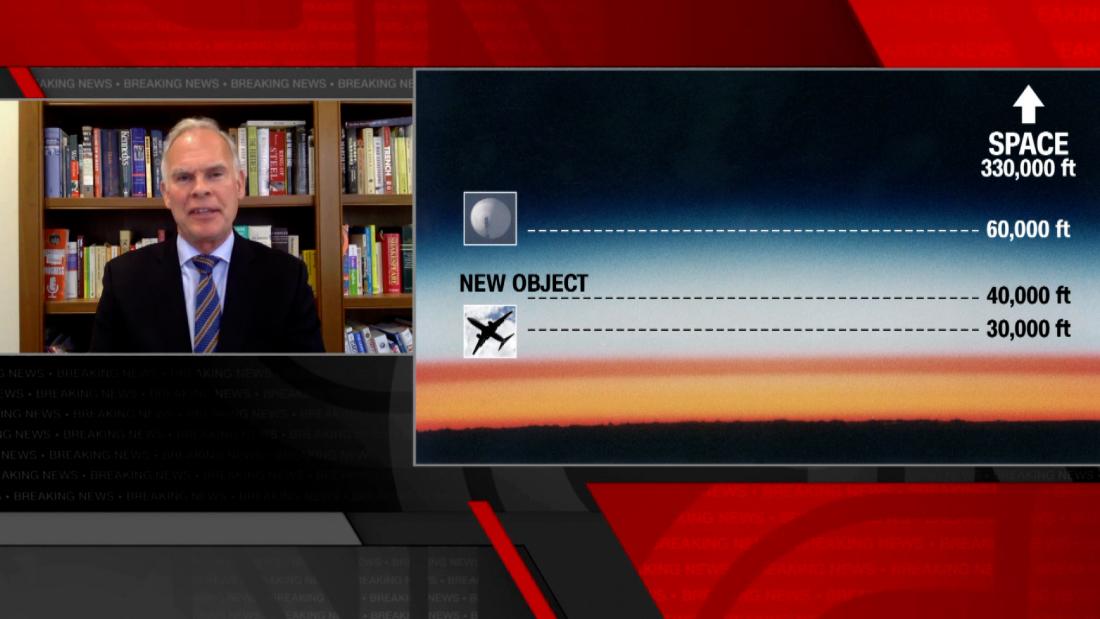The Rocky Road to a More Robust 911 System
Underfunding and understaffing have crippled 911 call centers across the country, and increase the likelihood that incomplete or inaccurate information will trigger a fatal response from police, according to researchers. But getting professionals to buy into reforms won’t be easy, a recent webinar demonstrated.


911 dispatcher. Photo by Scary Side of Earth via Flickr
Underfunding and understaffing cripple 911 call centers across the country, and increase the likelihood that incomplete or inaccurate information will trigger a fatal response from police, according to researchers.
Harold Pollack, co-director of the Transform 911 project, said the lack of resources was complicated by the fact that emergency dispatch centers often aren’t on “equal footing” with law enforcement, fire departments, and emergency medical services — a disparity that further undermines their effectiveness.
An average 911 call lasts about ten minutes — not nearly enough time to talk a caller through a mental health crisis, he said.
Moreover, there are no universal standards or governing structures for 911 professionals, meaning call center procedures are fragmented nationwide.
Within call centers, opportunities for professional advancement are often limited, a reality that frustrates professionals, added Rebecca Neusteter, who co-directs the project with Pollack.
Pollack and Neusteter were speaking at a webinar Friday to discuss early findings of the project, which is aimed at examining how to balance the lifesaving benefits of emergency response systems with the systems’ vulnerability to error.
While many of the services deployed through 911 critically aid people in life-threatening moments, many 911 calls have ended in police killings, the webinar was told.
Walter Katz, Vice President of Criminal Justice at Arnold Ventures, said calls for suspicious persons make up a “troubling percentage” of police dispatches, compared to calls about violent crimes in progress or calls reporting a disturbance. The over-representation of “suspicious person” calls can lead to fatal mistakes by responding officers in a system lacking oversight or clear standards, he noted.
“It’s that type of phone call which directly led to the death of Elijah McClain in Aurora, Colorado,” Katz said. “It’s that type of phone call which led to the death of Tamir Rice.”
The webinar, sponsored by the University of Chicago Health Lab, brought together experts in healthcare, academia, government, emergency response, and public safety.
Speakers included Lindsey Leininger, clinical professor at Dartmouth College’s Tuck School of Business; Jerry Clayton, Washtenaw County Sheriff; Katya Fels Smyth, founder of Frame Initiative Founder; and Moki Macias, executive director of the Policing Alternatives & Diversion Initiative.
Many of the public safety professionals invited to participate in the webinar pushed back at the conclusions, underlining the challenge faced by reformers.
One 911 professional said Katz misrepresented the challenges 911 professionals face on the job, arguing that emergency response providers are “first and field responders” who must act on the “lowest common factor.”
Acknowledging that most calls reporting suspicious activities are based on “personal biases,” the professional asserted that, nevertheless, “we must treat them as real.”
“If we do not send and something does happen, we are accountable,” the professional said.
A caller identifying himself as director of a Colorado dispatch charged the panelists distorted the role of 911.
“From these discussions, this is not ‘Transform 911’ — this is ‘Transform Response’,” he said.
“While 911 plays a key role in gathering information and passing it on, this will involve how other agencies choose to respond, how we engage new understandings of mental health involvement.
“In calling out 911, I have the perception of a bunch of laypeople trying to tell doctors how to change the way they do things without having medical professionals at the table.”
Transform 911 plans to assemble working groups to further explore emergency response issues, including alternative hotlines and dispatcher etiquette, in detail. These working groups will heavily rely on input from emergency responders.
Following the panel, listeners and participants entered smaller working groups devoted to issues within emergency response, including call handling operations and professional support.
Neusteter said she hopes the Transform 911 working groups can develop solutions in greater depth.
“We share this space together today because we are all driven to this work, because we are motivated to achieve health, safety, justice, and ultimately our core universal needs of wellbeing,” she said.
The Transform 911 project is supported by Arnold Ventures and Microsoft’s Justice Reform Initiative.
Additional Reading:
Police Aren’t Needed for 49% of 911 Calls: Seattle Report, The Crime Report, July 30, 2021
Alternative Dispatch Programs for Mental Health 911 Calls Piloted in 13 Cities, The Crime Report, July 7, 2021
Eva Herscowitz is a TCR contributing writer.

 Landwebs
Landwebs 
























